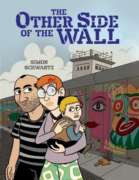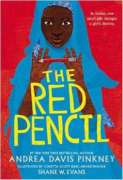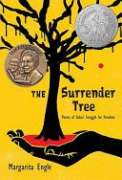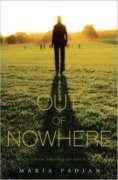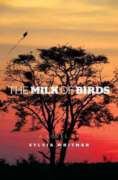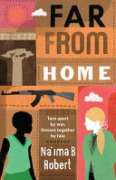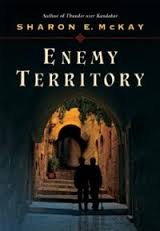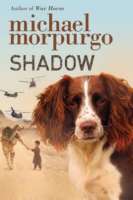
Author of War Horse, and bestselling storyteller Michael Morpurgo touched our hearts with this beautiful story of a boy, his lost dog, and the lengths he would go to be reunited. This timely story of battle-scarred Afghanistan delivers a masterful portrait of war, love, and friendship. With the horrors of war bearing down on them, Aman and his mother are barely surviving in an Afghan cave, and staying there any longer will end horribly. The only comfort Aman has is Shadow, the loyal spaniel that shows up from places unknown, it seems, just when Aman needs him most. Aman, his mother, and Shadow finally leave the destroyed cave in hopes of escaping to England, but are held at a checkpoint, and Shadow runs away after being shot at by the police. Aman and his mother escape–without Shadow. Aman is heart-broken. Just as they are getting settled as free citizens in England, they are imprisoned in a camp with locked doors and a barbed wire fence. Their only hope is Aman’s classmate Matt, his grandpa, and the dream of finding his lost dog. After all, you never lose your shadow.
